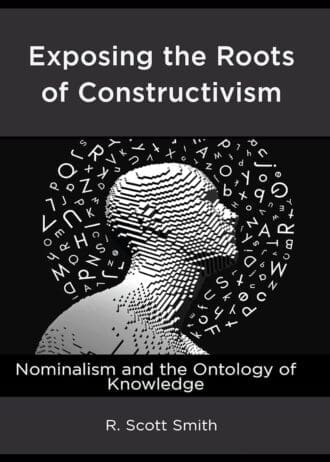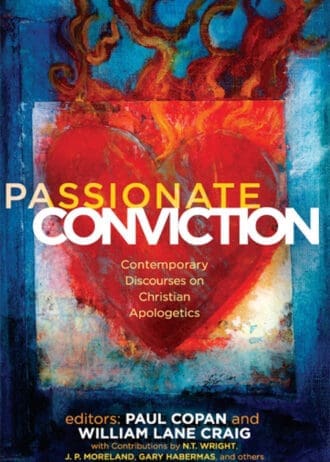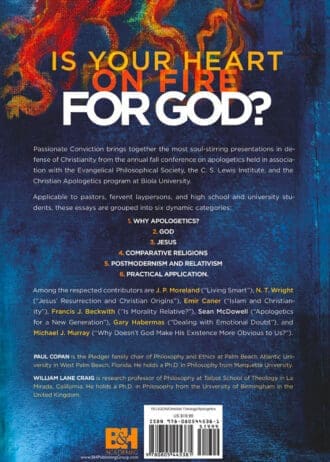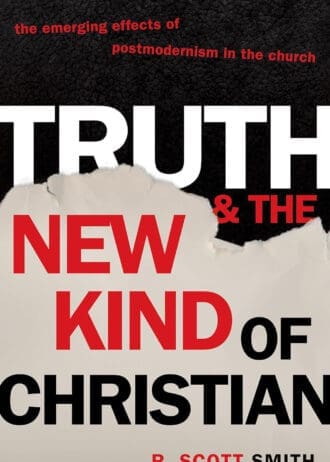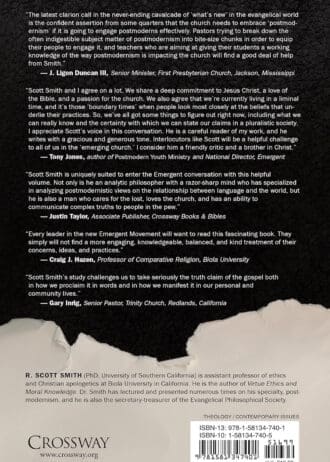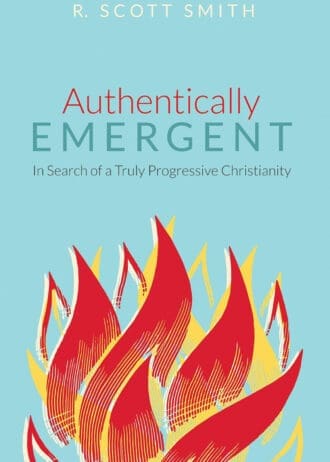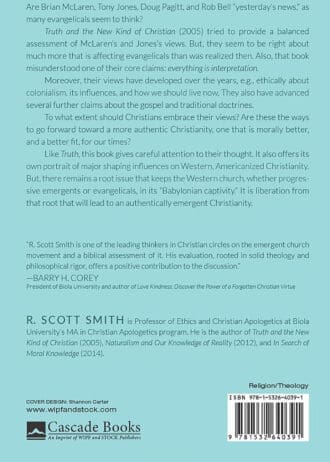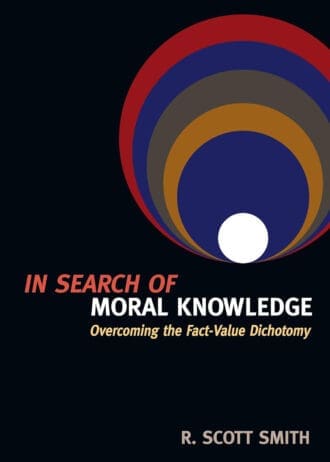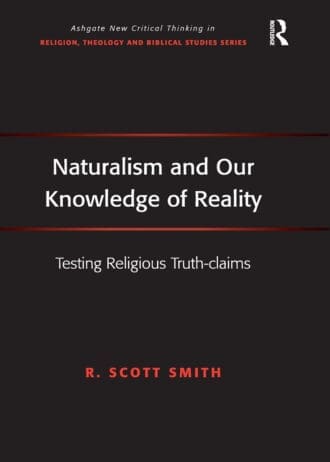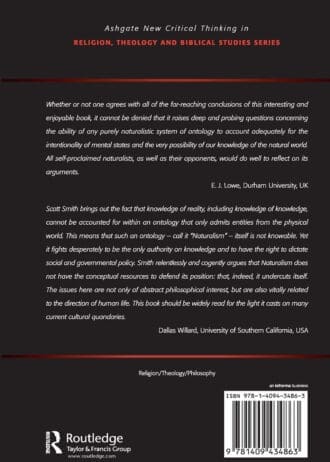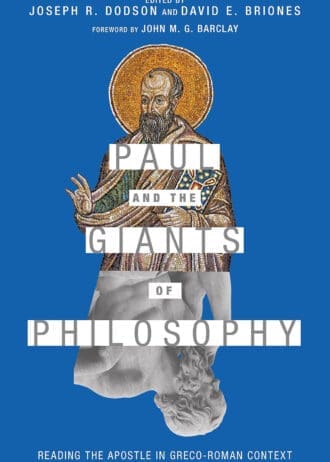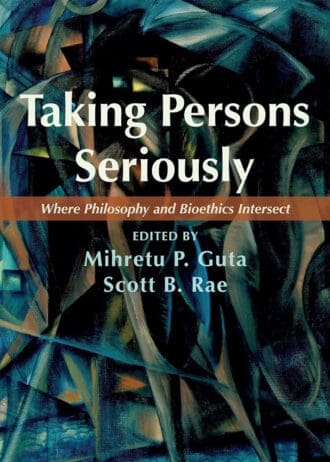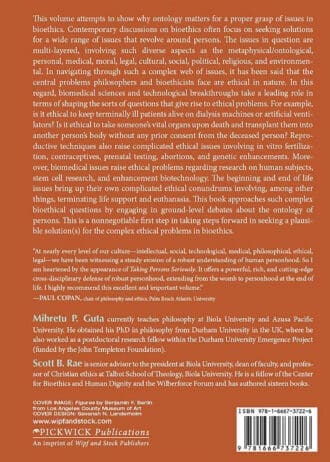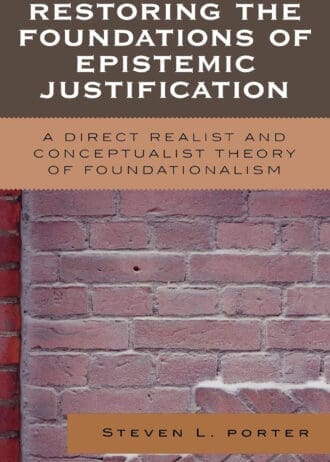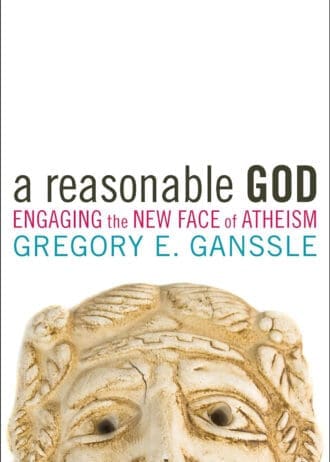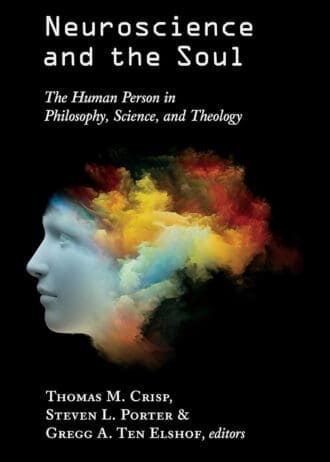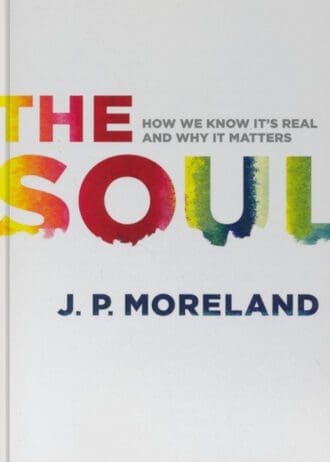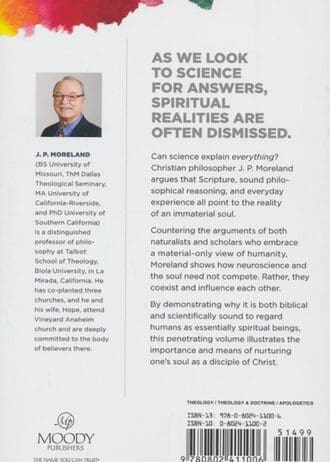On the heels of the advance since the twentieth-century of wholly physicalist accounts of human persons, the influence of materialist ontology is increasingly evident in Christian theologizing. To date, the contemporary literature has tended to focus on anthropological issues (e.g., whether the traditional soul / body distinction is viable), with occasional articles treating physicalist accounts of such doctrines as the Incarnation and Resurrection of Jesus cropping up, as well. Interestingly, the literature to date, both for and against this influence, is dominated by philosophers. The present volume is a collection of philosophers and theologians who advance several novel criticisms of this growing trend toward physicalism in Christian theology. The present collection definitively shows that Christian physicalism has some significant philosophical and theological problems. No doubt all philosophical anthropologies have their challenges, but the present volume shows that Christian physicalism is most likely not an adequate accounting for essential theological topics within Christian theism. Christians, then, should consider alternative anthropologies.
Editorial Reviews
The authors of this book contend that Christian intellectuals have made an egregiously bad deal in selling their souls in order to make peace with physicalist philosophy and naturalist science. They provide a powerful challenge to the physicalist conglomerate in contemporary thought, and give us a wide range of reasons why we need to recover the full riches of the robust view of human nature assumed in Nicene catholic Christian faith.
Jerry L. Walls, Houston Baptist University
Throughout church history some of the most innovative Christian philosophy has been occasioned by the need to refute wayward doctrine. Christian Physicalism?: Philosophical Theological Criticisms constitutes another excellent case in point. This book is a tour de force critique of Christian physicalism, featuring an array of interesting and powerful arguments—historical, philosophical, biblical, theological, and even scientific—against the materialist view of human nature. These essays will not be the final round in the debate over Christian physicalism, but they ought to be.
James S. Spiegel, Taylor University


